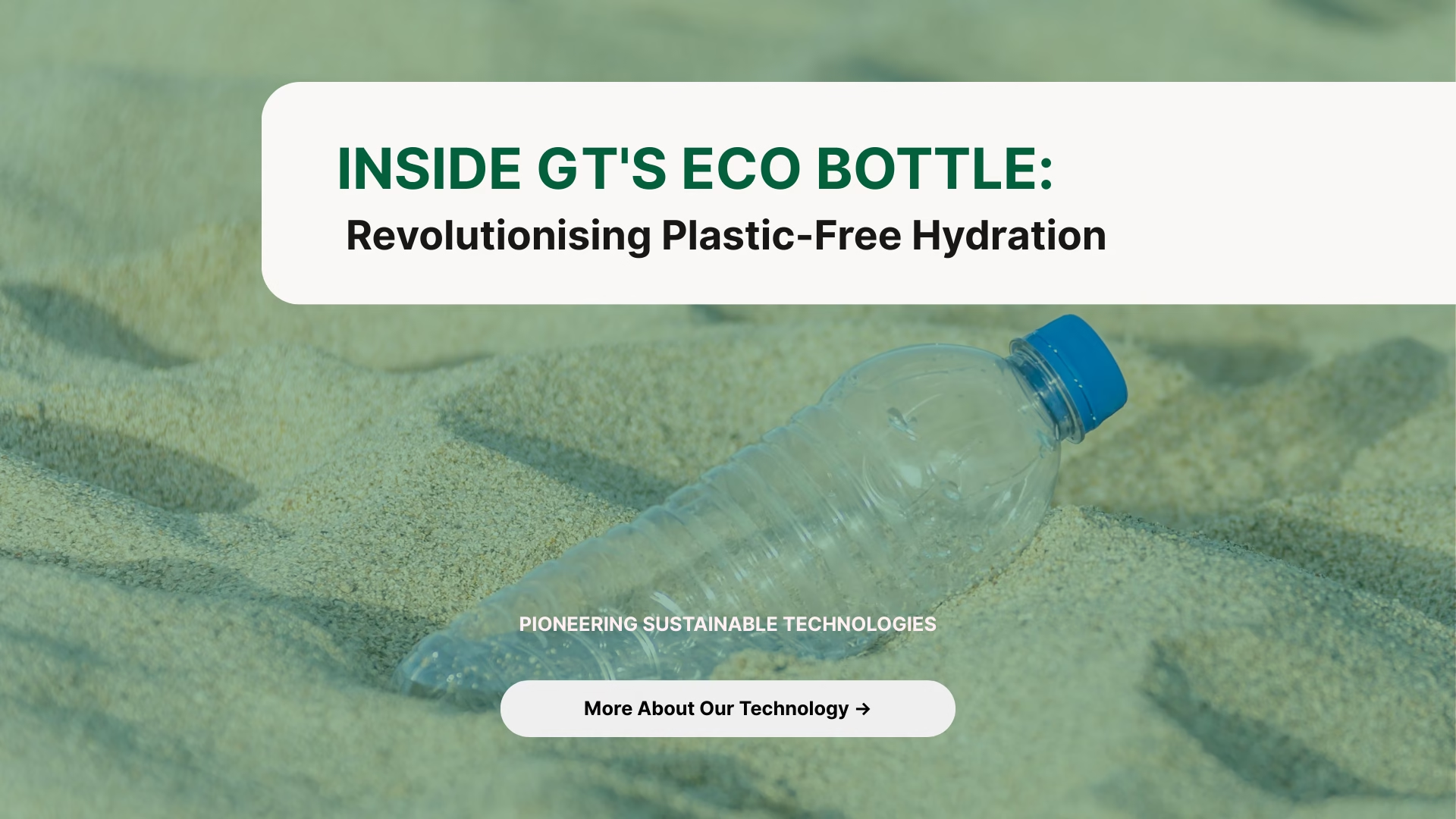Australia is making waves globally by introducing biodegradable plastic bottled water that eliminates microplastic contamination while offering sustainable hydration solutions for future generations.
The Rise of Biodegradable Plastic Bottled Water in Australia
In recent years, Australia has emerged as a global leader in the development and adoption of biodegradable plastic bottled water. This innovation comes at a critical time when concerns over plastic pollution and its impact on human health are reaching unprecedented levels. Traditional plastic bottles have long been recognized as a major contributor to environmental degradation,with millions ending up in landfills and oceans every year. However,the introduction of biodegradable alternatives marks a significant shift toward sustainability and public health protection.
Understanding the Problem: Microplastics in Bottled Water
Recent studies have revealed alarming findings about the presence of microplastics and nanoplastics in conventional bottled water. According to research from the National Institute of Health (NIH), a single liter of bottled water can contain up to 240,000 plastic particles—90% of which are nanoplastics. These ultra-tiny particles are small enough to enter the bloodstream,cross into the brain,and even reach a developing fetus. Studies show they can cause inflammation, DNA damage,hormone disruption,and even altered brain function in animal models.
The New England Journal of Medicine published a groundbreaking study in March 2024, revealing that microplastics have now been found embedded in human artery walls. Patients with these plastic particles were 4.5 times more likely to suffer a heart attack , stroke, or die within three years. This shocking discovery confirms what many scientists have long suspected: plastic pollution isn’t just an environmental crisis—it’s a public health emergency.
The Greener Tech Group: Pioneering Biodegradable Solutions
At the forefront of this transformation is The Greener Tech Group, a company dedicated to raising awareness about the dangers of plastics and promoting sustainable alternatives. The group has developed the Eco Bottle, Australia’s first and only 100% biodegradable, reusable, and microplastic-free bottled water solution.
Unlike traditional plastic bottles made from polyethylene terephthalate (PET) or polyvinyl chloride (PVC), the Eco Bottle uses an innovative technology that combines traditional plastic with an organic additive during manufacturing. When the bottle ends up in a landfill, microbes recognize it as a food source and begin digesting it through a process known as depolymerization. Enzymes secreted by these microbes break down the carbon bonds in the plastic molecules, transforming the bottle into natural fertilizer without leaving behind any toxic residue or microplastics.
This closed-loop system ensures that the product works in perfect symbiosis with the environment at the end of its life cycle, setting a new standard for sustainable packaging.
Why Biodegradable Plastic Bottled Water Matters
The significance of this innovation cannot be overstated. As global plastic production is projected to triple by 2050, the urgency for sustainable alternatives has never been greater. In addition to reducing environmental pollution, biodegradable bottled water directly addresses the growing health risks associated with nanoplastic ingestion.
Here are some key reasons why Australia’s leadership in biodegradable plastic bottled water matters:
- Health Protection: Eliminates exposure to harmful microplastics and nanoplastics linked to cardiovascular disease,hormonal disruption,and developmental issues.
- Environmental Sustainability: Reduces plastic waste and prevents long-term ecological damage caused by non-biodegradable plastics.
- Policy Leadership: Sets a precedent for other nations to follow by integrating sustainable technologies into national regulations and consumer habits.
- Consumer Awareness: Educates the public on the hidden dangers of plastic consumption and empowers individuals to make informed choices.
Global Implications and Future Outlook
Australia’s success in developing and commercializing biodegradable plastic bottled water positions the country as a model for other nations seeking to combat plastic pollution and protect public health. With companies like the Greener Technology Group leading the charge,there is growing momentum for international collaboration on sustainable packaging standards, import/export licensing for green technologies,and stricter regulations on plastic production and use.
As awareness continues to grow,so too does the demand for transparent,science-backed solutions. Governments,businesses,and consumers alike are beginning to recognize that plastic-free hydration is not just a niche concern—it’s a necessity.
Conclusion: A New Era of Hydration
Australia’s pioneering work in biodegradable plastic bottled water represents a turning point in the fight against plastic pollution and its devastating health consequences. By embracing innovative technologies like the Eco Bottle, the nation is demonstrating that sustainability and public health can go hand in hand.
With continued investment, education, and policy support, we can envision a world where every sip of water is not only refreshing but also safe, clean, and environmentally responsible.
Key Summary
✓ Microplastics and nanoplastics are now found in human arteries, blood, placenta, and breast milk, posing serious health risks.
✓ Traditional bottled water contains up to 240,000 plastic particles per liter, with 90% being nanoplastics.
✓ The Greener Tech Group’s Eco Bottle offers a 100% biodegradable, reusable, and microplastic-free alternative.
✓ Australia leads in sustainable hydration innovation, setting a global benchmark for eco-friendly bottled water.
✓ Biodegradable plastic technology uses depolymerization, allowing microbes to fully break down the bottle into natural fertilizer.
✓ This innovation supports both public health and environmental sustainability, aligning with global goals to reduce plastic pollution.

